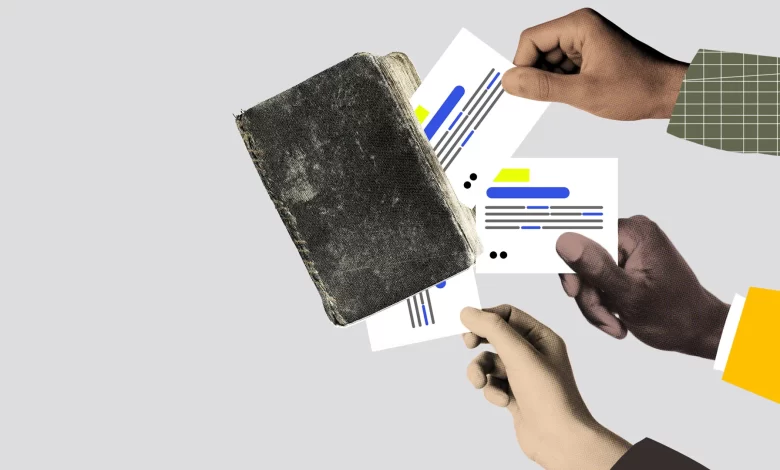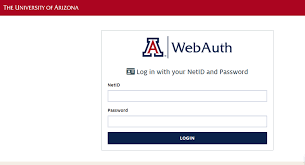The Urban Dictionary – Is It Accurate?

A popular trend among millennials is to create an urban dictionary. A crowdsourced slang dictionary enables people to record new words and their meanings quickly. Some entries contain fictitious words of little concern outside of particular communities, which are often not attested in traditional dictionaries. In an experiment, crowdworkers were asked to estimate how many UD entries are unfamiliar to the public. The average person does not have a working knowledge of most UD entries, but they are useful for establishing a common sense of what’s being recorded.
Crowd-sourced slang dictionary
A crowd-sourced urban slang dictionary (UD) is a database that lists words, their meanings, and the people who use them. The dictionary’s users can quickly add new words and their definitions. Some entries are made-up words, while others deal with terms that only apply to small communities. Some entries may be unfamiliar, but some crowdworkers were asked to quantify this. The result is a lexicon that’s constantly expanding.
In one case, an appeals court in Wisconsin used the Urban Dictionary to rule on whether or not a defendant had used the word “jack” during a trial. The defendant’s arguments were rejected. The dictionary takes in roughly 30,000 new entries every month. This makes it the 77th biggest website in the country. While a crowd-sourced urban slang dictionary might seem like an interesting project, there’s really no way to judge the quality of a definition without asking others about it.
Inaccurate
The urban dictionary has become synonymous with hip hop culture, and its inaccuracy has been widely debated. While the dictionary is marketed as a free, public service, it has a monetary value, too. Despite this, the dictionary’s content is frequently racist and derogatory, which has caused many critics to question its objectivity. This article aims to shed some light on the problem. The following is a list of examples of terms that are inaccurate.
UD users vote on definitions by giving them an up or down vote. There are few guidelines for what a good definition should be, and judging the quality of a definition is largely subjective. However, figure 6a shows the distribution of up/down votes. While some definitions have gotten relatively high numbers of up-votes, many have very low votes and are hardly representative of the usage of a particular word.
Offensive
The Offensive Urban Dictionary (UD) is an online reference work devoted to the use of vulgar words in the English language. It is a collection of words with unusual definitions and informal spellings that have not yet been indexed in a traditional dictionary. The definitions of words in the UD are curated by a crowdworker, and they tend to get fewer votes than other terms. However, this may simply be because UD crowdworkers are more familiar with these terms than their own peers.
The Urban Dictionary is a source of adolescent grossout humor. Many of its definitions are aimed at the sex practices of adolescents. These terms are generally harmless, although some of them have a racially charged connotation. In addition, the Dictionary has hosted bigoted terms and comments. For example, it has defined some terms that were considered offensive by indigenous Australians. As a result, the lexicon focuses on the sex practices of both men and women.
Final Words:
While the Urban Dictionary is advertised as a public service, it also appears to have a monetary value. The website makes a decent amount of money from the racist content found there. So, how does this impact the dictionary’s popularity? Here are some of the reasons it’s not as successful as some would like it to be. But let’s examine some of the most common examples of its lack of transparency. Let’s start with the lack of transparency in the Urban Dictionary.




